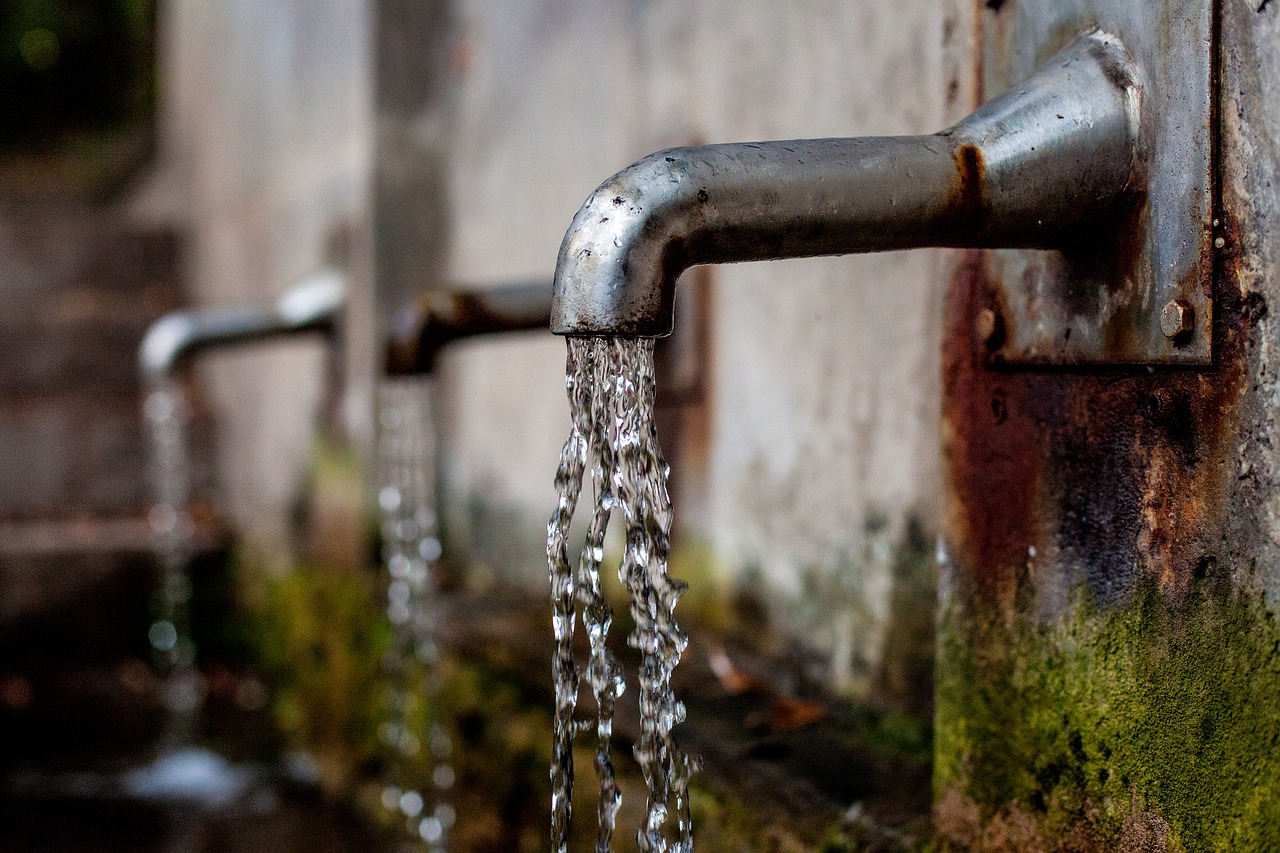
According to a UN report, around 2.2 billion people have no safe drinking water available – that is one in three people in the world. 785 million people have not even received basic care, as the United Nations Children’s Fund (UNICEF) and the World Health Organization (WHO) said today.
More than half of all people (4.2 billion) do not have safe sanitation with hygienic toilets. Three billion people do not even have the opportunity to wash their hands at home.
The joint progress report on drinking water, sanitation and hygiene by UNICEF and WHO points out that while major advances have been made in the provision of water, toilets and sanitation. However, progress is unevenly distributed and there are major gaps in the quality of care.
Nine percent need to do it outdoors
According to the report, since 2000, 2.1 billion people worldwide have access to basic services with sanitary facilities. However, around two billion people still have no sanitary toilet or latrine classified as safe – seven out of ten of those affected live in rural areas, one third in one of the least developed countries.
Many people still do their outdoor work. According to UNICEF and WHO, there is both progress and regression towards the goal of ending this practice. Since 2000, the proportion of people who have publicly quit excreting has fallen from 21% to 9%. Progress has been recorded in 91 countries.
But an estimated 673 million people are still relieving themselves, according to the report. In 39 countries, the majority of which are located in southern Africa and have high population growth, the number has even increased.
Missing often at washing facilities
According to the report, three billion people in 2017 did not have a simple soap and water washing machine at home. In the least developed countries, almost three quarters of the population had no hand washing capability.
Numerous diseases
According to UNICEF and WHO, every year, 297,000 children under the age of five die from diarrhea caused by a lack of water, sanitation and hygiene. Insufficient sanitation and polluted drinking water also contribute to the transmission of diseases such as cholera, dysentery, hepatitis A and typhus.
Children and their families in poor and rural areas have the greatest risk of being „drained“ of drinking water and sanitation, said UNICEF’s expert on water, sanitation and hygiene, Kelly Ann Naylor. Governments need to invest in the communities „in order to overcome this economic and geographical gap and fulfill this basic human right“.



